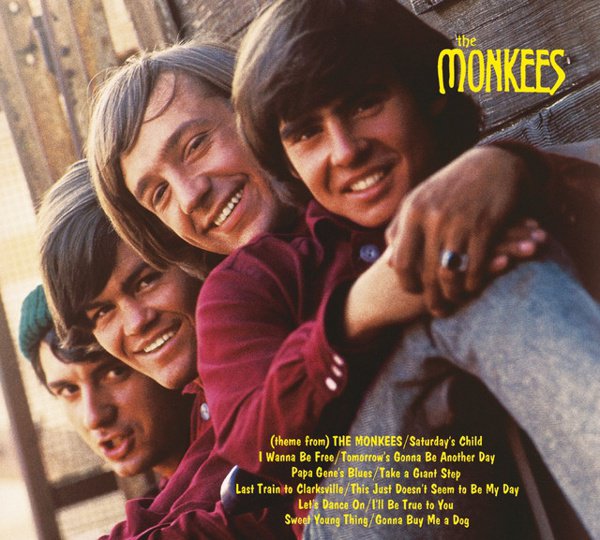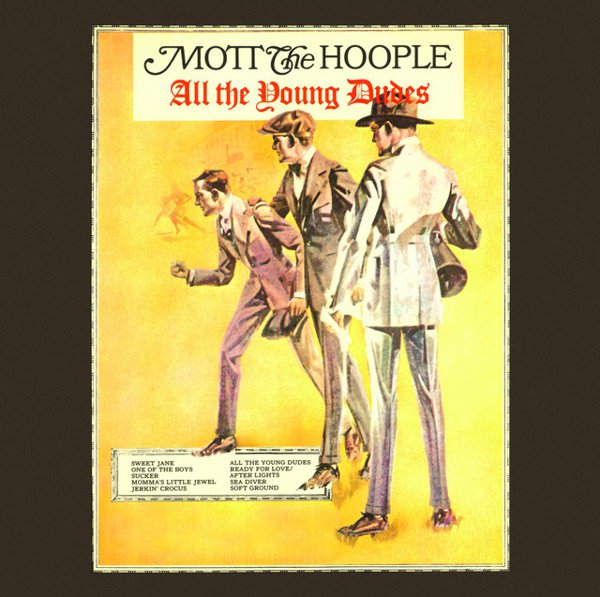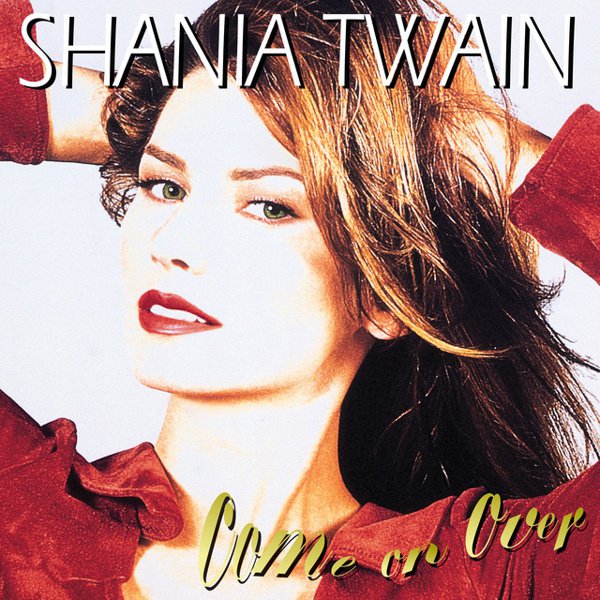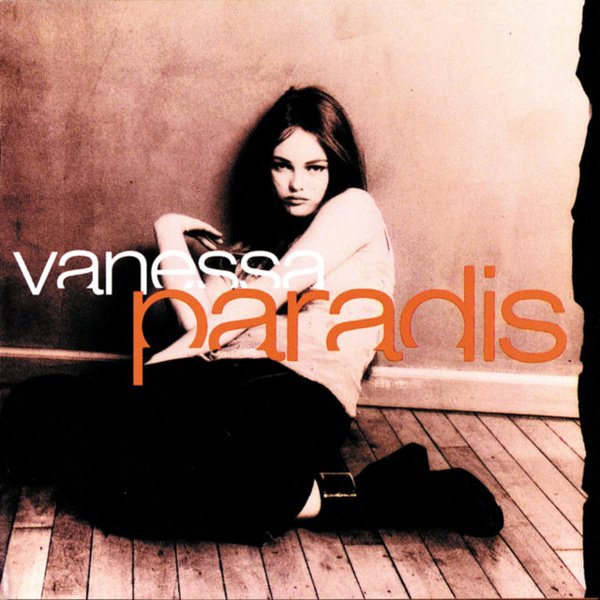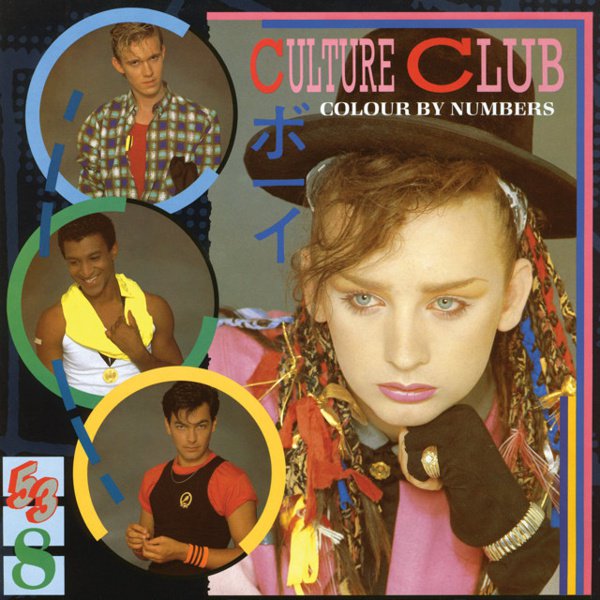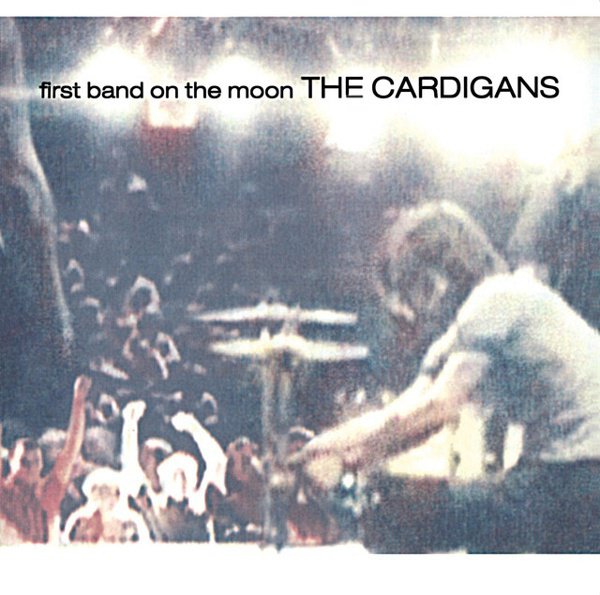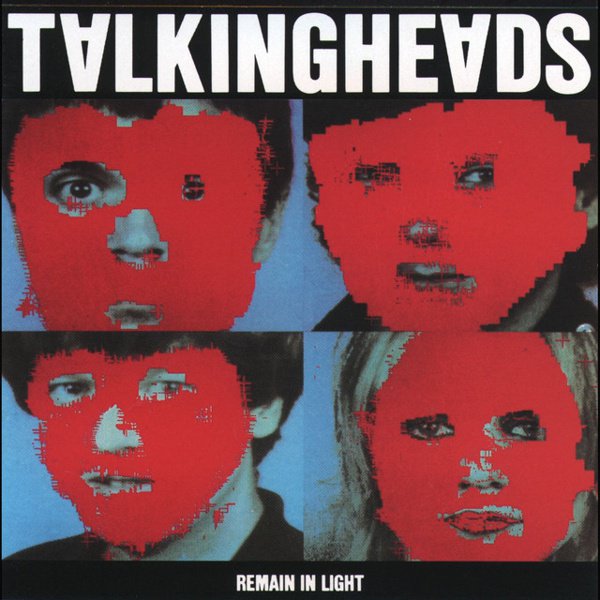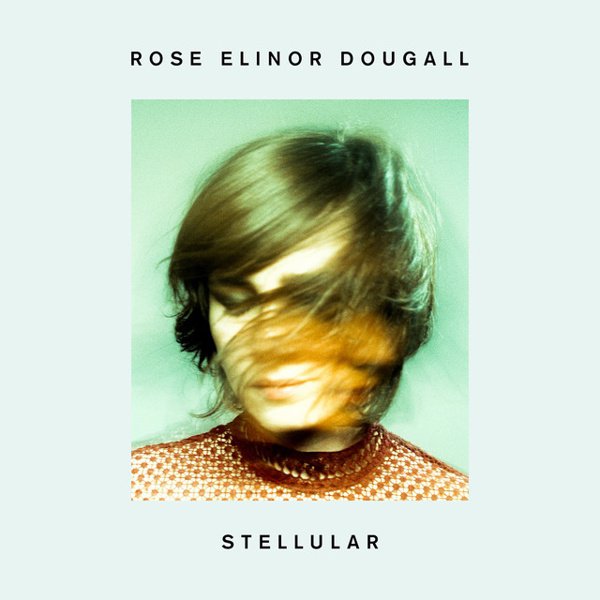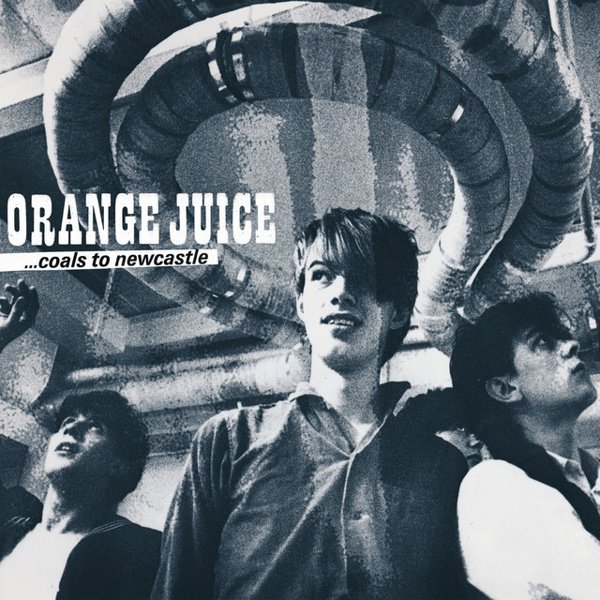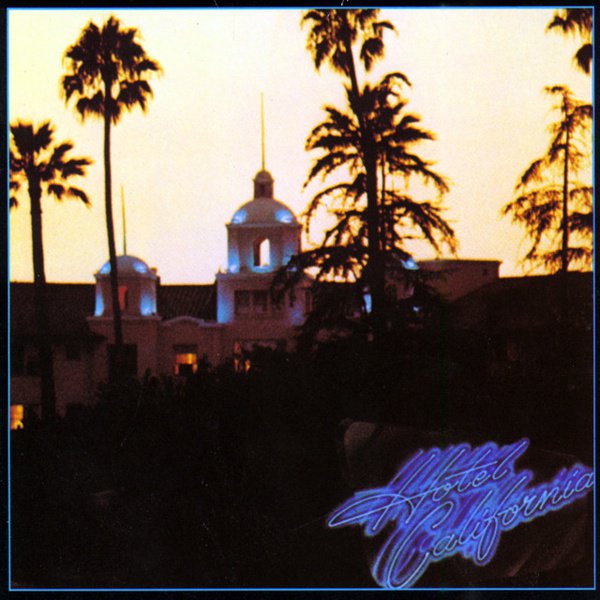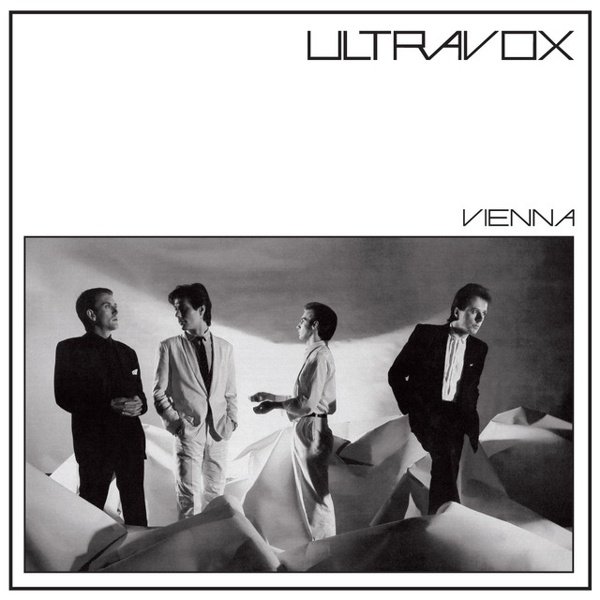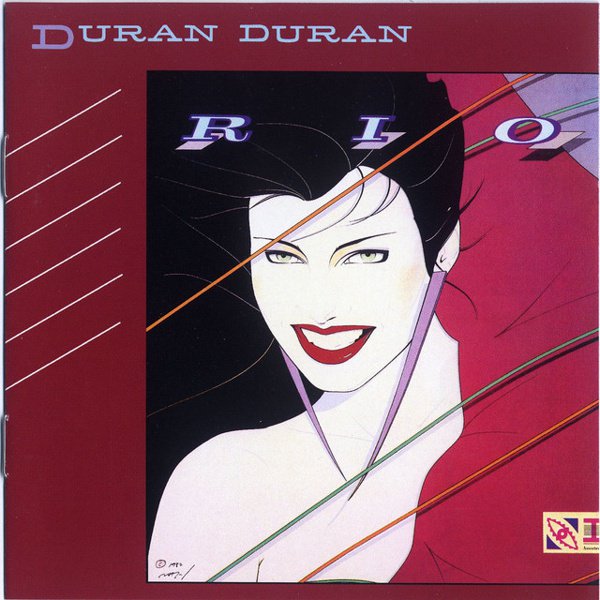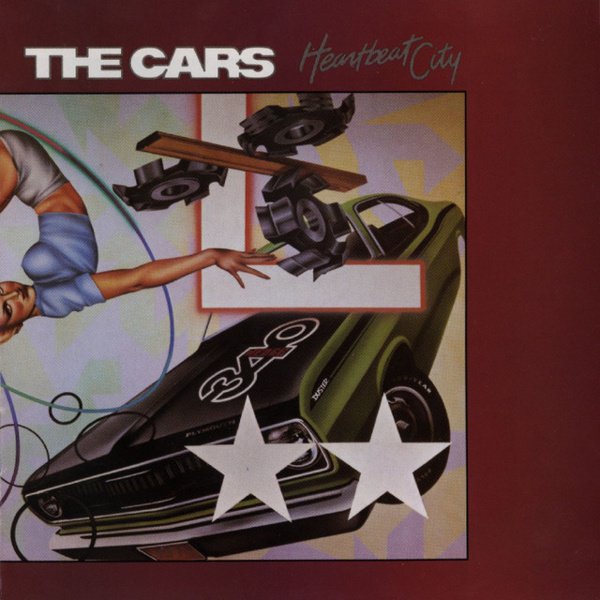
Recommended by
Heartbeat City
If any one album signaled new wave’s final stage in its transition from upstart gloss-punk subgenre to the oxygen that mainstream guitar rock had begun to breathe en masse, it was the last great LP by one of America’s premier practitioners of the form. Heartbeat City absolutely glows with Mutt Lange maximalism and borderline-Kubrickian perfectionism; somehow that resulted in a record that sounded like it hadn’t so much been endlessly labored over as it was just given three coats of wax until it gleamed. Its three biggest smash hits — two Ric Ocasek-fronted slices of superpower-pop in “Magic” and “You Might Think,” and the ocean-of-synths drone of Benjamin Orr-sung ballad “Drive” — made them MTV darlings. But the videos were never quite as evocatively anxious as the songs they promoted, suffused as the music was with a sense of prickly neurosis and defensive uncertainty: I know you’re getting twisted and you can’t calm down! You might think I’m crazy! You can’t go on thinking nothing’s wrong! The other tracks, many of which became singles out of sheer momentum, found further angles to expressing that jittery interpersonal conflict — “Hello Again” as a chirpy kiss-off turned sour reunion, “Why Can’t I Have You” dragging its feet through an enervated if brightly-lit bummer that knows the question will remain unanswered, and a titular closer that draws off digital-motorik synthpop Eurocool to bask in a promised land that doesn’t entirely feel within reach until someone you desire shows up there with you. The oddly sorrowful magnificence of Heartbeat City sinks in further when you realize it came at a cost: the band members’ relationships fractured from their individualized directions during the sessions and never entirely recovered, while the release of Door to Door three years later, on the cusp of the band’s implosion, revealed just what can happen when a masterwork feels impossible to reproduce.

